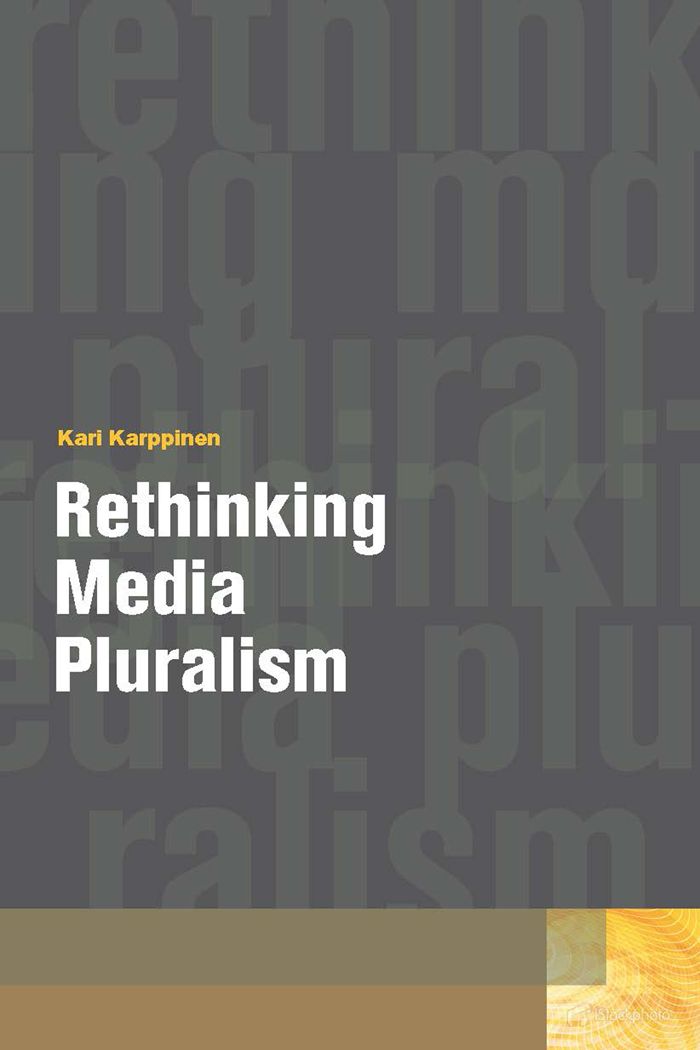Rethinking Media Pluralism

This book can be opened with

Access to a broad range of different political views and cultural expressions is often regarded as a self-evident value in both theoretical and political debates on media and democracy. Pluralism is commonly accepted as a guiding principle of media policy in addressing media concentration, the role of public service media, or more recently such questions as how to respond to search engines, social networking sites, and citizen media. However, opinions on the meaning and nature of media pluralism as a concept vary widely, and definitions of it can easily be adjusted to suit different political purposes.
Rethinking Media Pluralism contends that the notions of media pluralism and diversity have been reduced to empty catchphrases or conflated with consumer choice and market competition. In this narrow logic, key questions about social and political values, democracy, and citizenship are left unexamined. In this provocative new book, Kari Karppinen argues that media pluralism needs to be rescued from its depoliticized uses and re-imagined more broadly as a normative value that refers to the distribution of communicative power in the public sphere. Instead of something that could simply be measured through the number of media outlets available, media pluralism should be understood in terms of its ability to challenge inequalities and create a more democratic public sphere.
“Uncertainty or disagreement of how to conceptualize media pluralism is a persistent stumbling block in academic and policy debates. Tackling this difficult issue is an important, brave and necessary exercise, and it is what this book does.”
At a time when references to media pluralism are as common as eulogies to
motherhood and apple pie, Karppinen's claim that pluralism needs to be rescued from its depoliticized, catch-all identity and understood in terms of its ability to challenge inequalities in communicative power ought to be listened to very carefully. This book demonstrates a thorough knowledge of the current media policy environment and, more generally, of theories of power as they relate to policymaking. This stimulating book develops a rigorous framework for understanding pluralism in a way that will challenge concentrations of media power and enhance media democracy.
This publication discusses the conceptualisation of media pluralism from the angle of the democratic and public sphere theories. Specialists and professionals in the field, including media sociology academics and media practitioners, would welcome this publication as it sheds light to the concept of media pluralism that is notoriously difficult to define.

